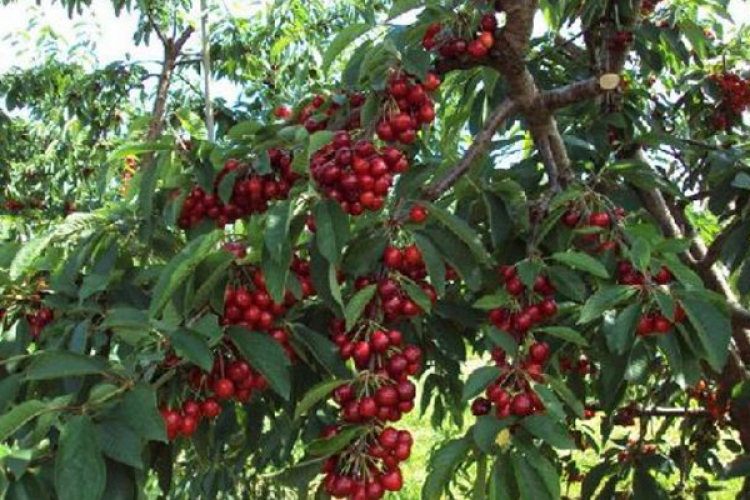“The fruit and vegetable market of Bulgaria can be flooded by Moldovan products,” the local press reported, beiung quited IPN. It is noted that the Bulgarian farmers are threatened by a new foreign competitor on the market, which will join in the Turkish, Macedonian, Greek, Albanian and other producers.
The concern is generated by the fact that the European Commission recently proposed a regulation allowing for temporary improved market access (tariff-free) for the remaining seven products from Moldova which are still subject to tariff rate quotas when entering the EU. These are the plums, table grapes, apples, tomatoes, garlic, cherries and grape juice.
The EU officials said this is a demonstration of EU’s solidarity designed to help Moldova deal with the loss of its main markets and transit hubs for these key agricultural products resulting from Russia’s unjustified war of aggression against Ukraine.
Virtually all Moldovan products can already enter the EU tariff-free under the EU-Moldova Deep and Comprehensive Free Trade Area (DCFTA).
The proposal now needs to be considered and agreed by the European Parliament and the Council of the European Union. The regulation more than doubles – for the duration of one year – the amount of these products that can be imported tariff-free from Moldova into the EU. The potential tariff-free volumes will now be worth around €55 million, including approximately €10 million of plums and €27 million of table grapes.
- Patients from districts, helped by rescuers after ambulances were blocked by ice
- Authorities, in crisis mode. The Army and IGSU intervene in dangerous areas
- Romania will grant Moldova 1.7 million euros for forest assessment
- EU Humanitarian Aid: 8 million euros for the Republic of Moldova in 2026
- Deputy on APL reform: Localities do not disappear, but there will be mergers of town halls


